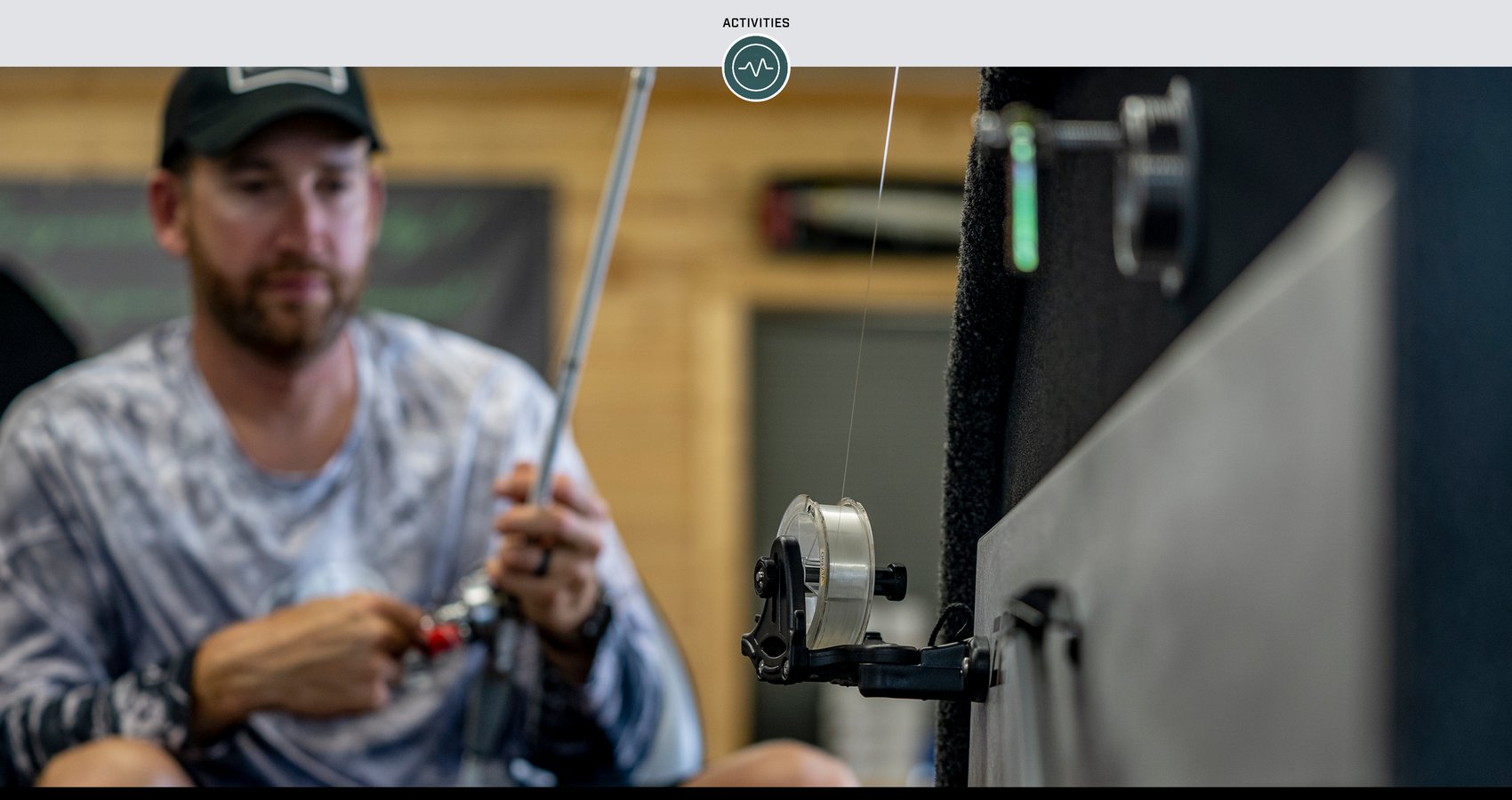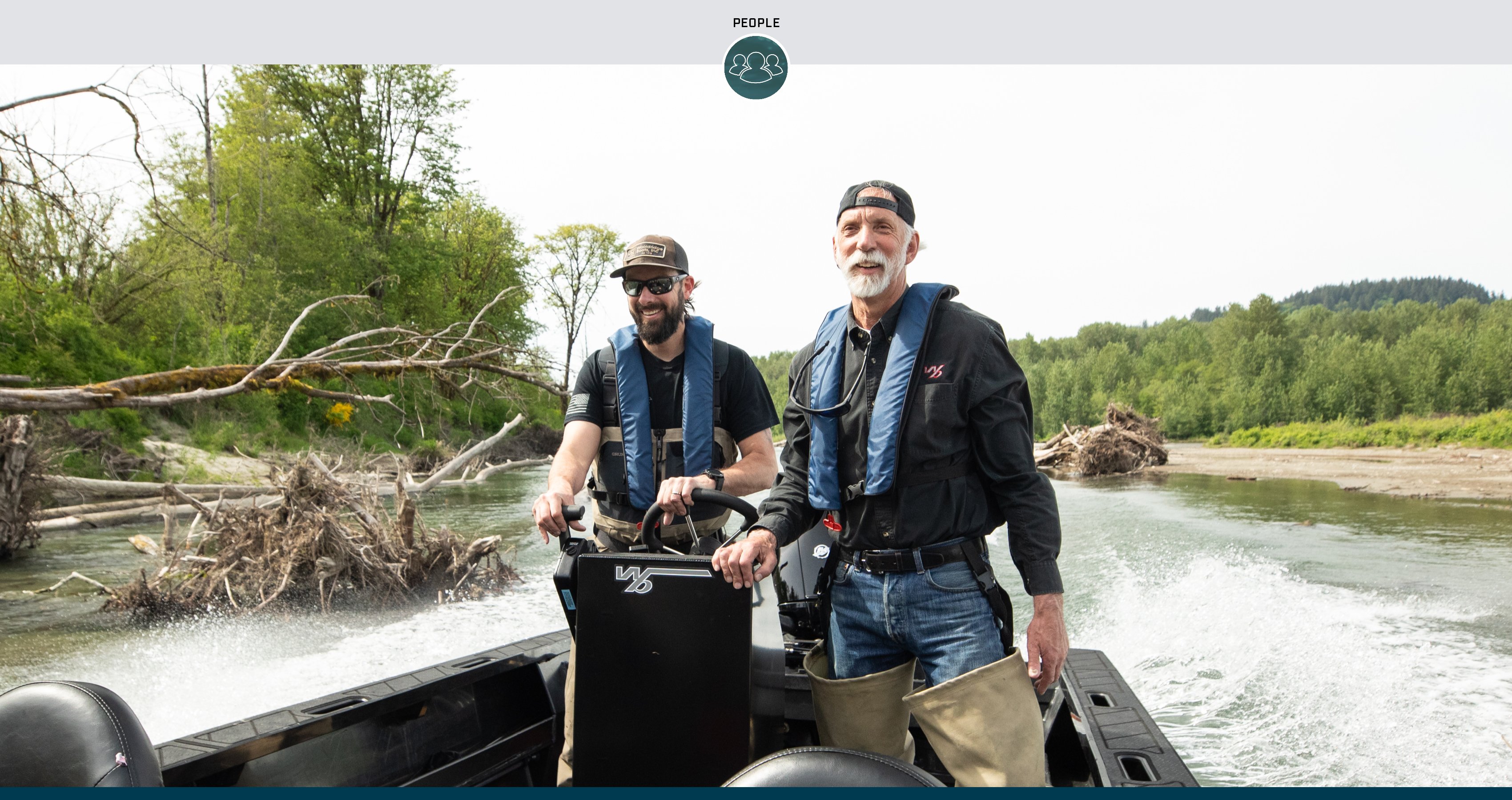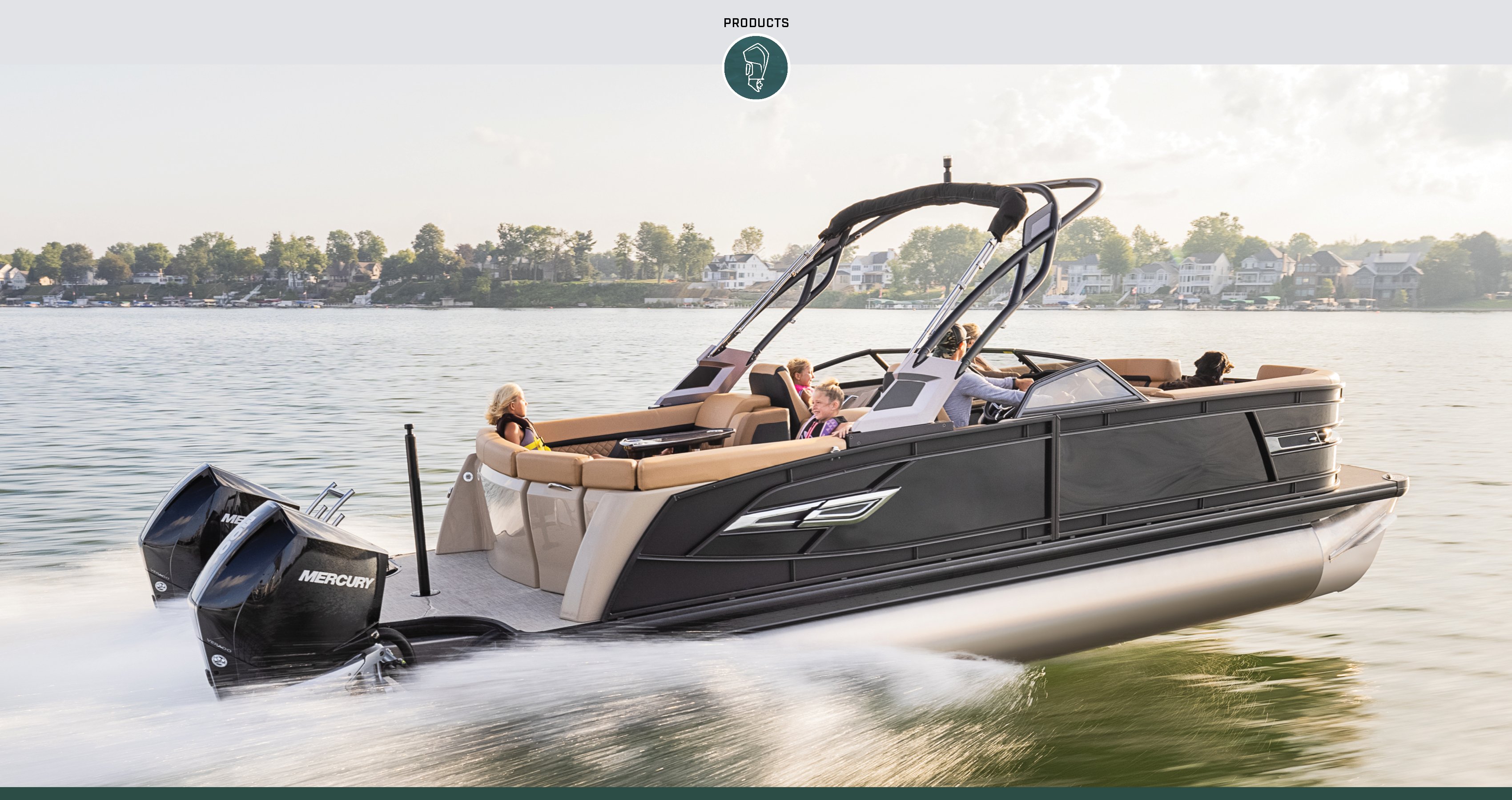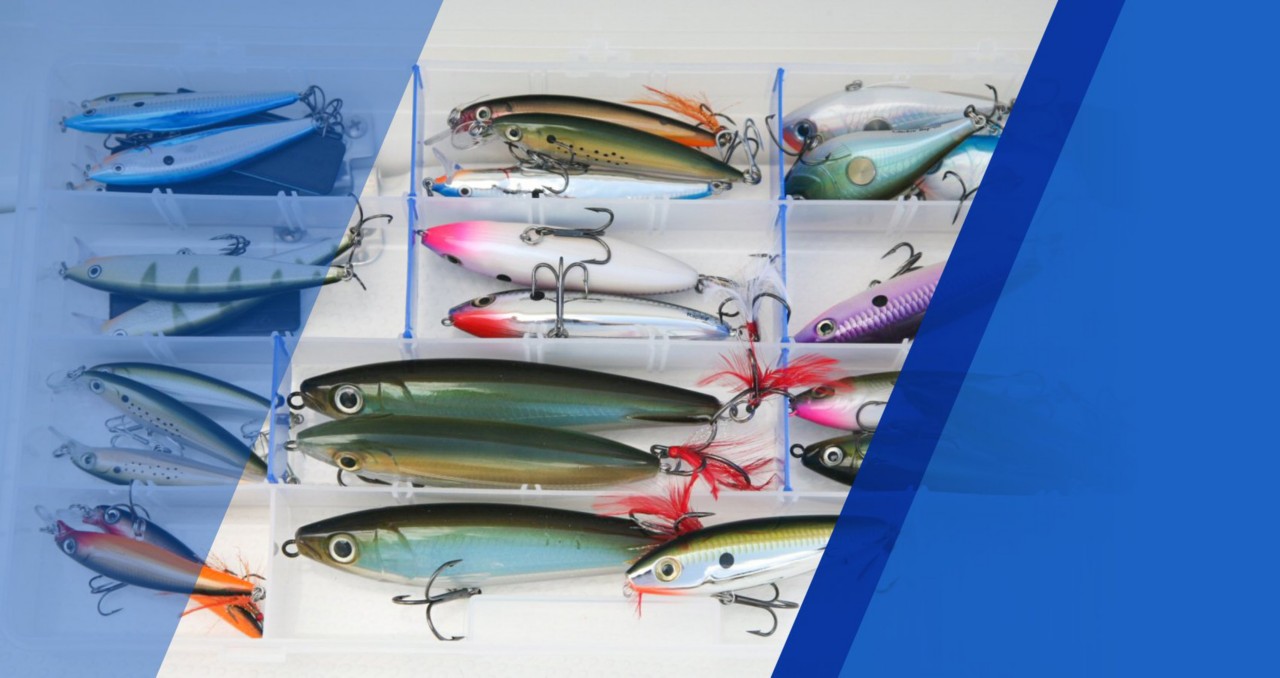I can't imagine a world without saltwater fishing. However, as exciting and amazing as our bays and oceans are, these environments are absolutely brutal on equipment, particularly fishing tackle.
Whether you troll for big game far offshore, probe inlets for coastal favorites like redfish or tarpon, or simply enjoy casting from the banks of brackish and even freshwater canals, rust and corrosion remain imminent threats.
Throughout my career, I've been successful at keeping rust and corrosion at bay by using a simple four-step system. I’m excited to pass along this system for protecting tackle and lures from the elements.
- Buy Quality – Similar to saltwater boats and engines, quality saltwater hooks, lures and other terminal tackle items are manufactured to withstand harsh marine environments (i.e. saltwater-resistant metals and coatings). These hooks and lures will cost more, but last much longer than their freshwater counterparts. Don’t forgo quality; it’ll beat you even in the short run.
- Safekeeping – Tackle storage systems are crucial in protecting hooks, lures and other related items, particularly in open boats. I like boxes that are well sealed, preferably with airtight gaskets. These storage systems protect their contents against occasional hits of saltwater, which are a given on breezy days. I even store vented, soft-sided offshore lure carriers in a larger, more water-resistant main bag. And I keep those bags inside the console or deck compartments on my boat.
Furthermore, ocean air is a menace on tackle, delivering mists of salt, which can coat and, if left unchecked, contaminate terminal gear. That’s why it’s essential to keep these boxes in protected areas of the boat while accessing tackle, and to minimize the time they remain open.
- Keep Organized – To minimize search time for terminal tackle and limit its exposure to the elements, I organize storage systems based on the fishing I plan on doing. That is, for inshore and backcountry, I designate boxes solely for these lures and terminal gear. I do the same for jigging, bottom-fishing and my offshore exploits. In addition, I organize and store hooks based on styles and sizes. This allows me to grab what I need quickly without having to spend additional time searching.
I keep all my tackle storage systems in my garage until I need them. That way they’re not stockpiled in my boat where they could be subjected to the elements.
- Freshwater is Your Friend – After each day of fishing, I thoroughly rinse all the tackle I used with fresh water and wash with a mild, environmentally sensitive soap. I then rinse again with fresh water and let everything dry.
If overnighting at a marina, don't leave hooks and lures on the boat to air-dry overnight; again, the air will mist them with salt. Rather, lock them inside your boat or truck or take them to your hotel room.
Back home, I re-wash all my tackle. I remove lures and hooks from their outfits and hang them to dry in my garage. Only when everything is completely dry will I reintroduce these components to their respective storage systems.
This system has worked for me throughout my saltwater fishing career. It’s saved me a lot of money in rusted tackle. Plus, keeping all my equipment organized and in good working condition ultimately makes me a more efficient angler. And it can work for any other angler, too.
See more from George Poveromo at GeorgePoveromo.com or on Facebook, YouTube and Instagram.



